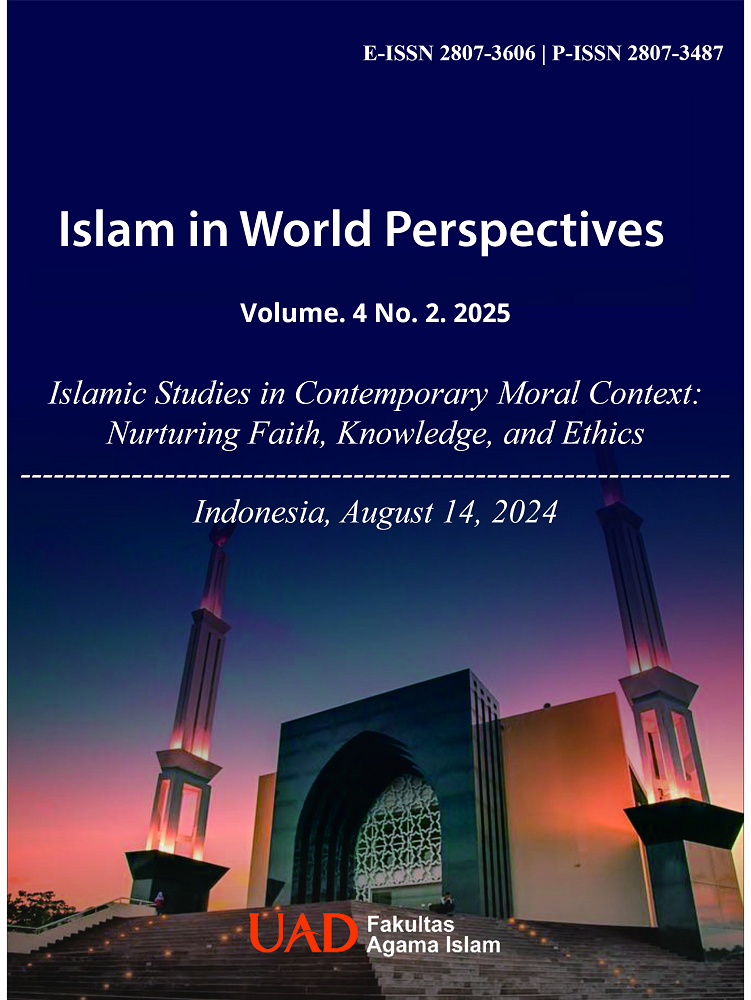Optimization of Islamic education learning through educational game methods: adjustment to development stages
Abstract
Educational games are games that are specifically designed for the benefit of the learning process. Educative games are activities that involve special actions guided by certain rules regulated by the teacher, with the aim of achieving cognitive, emotional, and educational development. Some teachers have had difficulty teaching educational materials according to the child's development. Some teachers find it difficult to obtain references related to educational games, especially when the games need to be adapted specifically to a particular subject. Learning methods need to be adapted to the child's developmental stage. The study aims to find out how learning methods should be adapted to the child's developmental stage. This research is a literature study with a qualitative approach. This research involves using literary sources as a basis for obtaining research data. Various literature sources are collected, then processed structured to get a final conclusion. In this study, the researchers used qualitative descriptive methods. The results of this study show that it is important to identify appropriate learning methods, through the use of educational games, to support the effectiveness of learning Islamic Education according to the developmental stage of children. Application of learning methods that correspond to the child's stage of development is able to make the transfer of science go smoothly, the child understands well the material delivered by the teacher as well as in its implementation the child enjoys the learning process of teaching in the classroom.
Downloads
Published
Issue
Section
License
Copyright (c) 2024 Widya Faridhatul Jannah, Wantini Wantini, Suyoto Suyoto

This work is licensed under a Creative Commons Attribution-ShareAlike 4.0 International License.
Authors who publish with Islam in world perspectives agree to the following terms:
- Authors retain copyright and grant the journal right of first publication with the work simultaneously licensed under a Creative Commons Attribution License (CC BY-SA 4.0) that allows others to share the work with an acknowledgment of the work's authorship and initial publication in this journal.
- Authors are able to enter into separate, additional contractual arrangements for the non-exclusive distribution of the journal's published version of the work (e.g., post it to an institutional repository or publish it in a book), with an acknowledgment of its initial publication in this journal.
- Authors are permitted and encouraged to post their work online (e.g., in institutional repositories or on their website) prior to and during the submission process, as it can lead to productive exchanges, as well as earlier and greater citation of published work.

This work is licensed under a Creative Commons Attribution-ShareAlike 4.0 International License.



